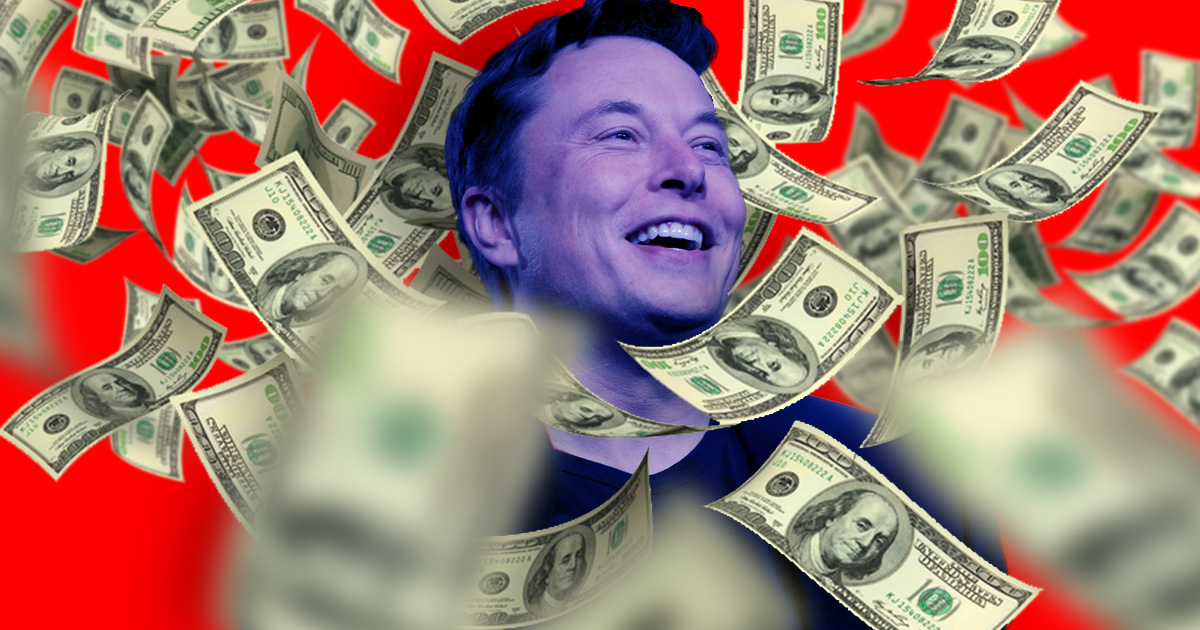Read The Full Article On: Wired
FOR A BRIEF moment on Sunday, before Tesla said it had invested $1.5 billion in bitcoin and planned to let people use the cryptocurrency to pay for its cars, bitcoin’s price could be expressed with a fittingly simple figure: It was worth the same as a base Tesla Model 3. The next day, however, the comparison got more complicated, as the news of Tesla’s investment propelled the value of one bitcoin well on its way to paying for a second car. It’s dipped and surged a few times since then. No guarantees how many EVs a bitcoin will yield by the time you read this article.
Hence, to some, the strangeness of a company at once announcing it had invested a great deal of money in bitcoin as an asset—among the largest corporate purchases of a cryptocurrency thus far—while also asking you to spend it like dollars. It’s a problem almost as old as bitcoin—practically definitional, in fact, ever since the first modest orders of pizza with bitcoin that is now worth on the order of billions of dollars. Today it’s the prospect of buying a car (the price of the cheapest Model 3 is $37,990, and should still be the same tomorrow) which depreciates the moment it’s driven off the lot. You’ll have a used Tesla, sure, but perhaps you’ll have missed out on the next cryptocurrency spike.
In recent months, the tide has shifted in one direction: that bitcoin is a store of value, the kind of thing you buy and hold in the hope of someday selling it for more cash. Banks and hedge funds have increasingly jumped onto the idea, looking for fresh returns in a time when stocks look a little frothy and there’s little reward in parking money in bonds and cash. In doing so, they’ve bought into the idea that bitcoin will stick around and that it could hold value long-term, like platinum or gold—a legitimate alternative asset. Tesla gave similarly anodyne logic in the filing that revealed its new holding, that it wanted to “diversify and maximize returns on our cash that is not required to maintain adequate operating liquidity.” In other words, Tesla sees the same upsides that other corporate buyers do. Bitcoin is high risk and high reward—and mostly, recently, it’s been rewarding. “The cynical view is that they believe they can make money on it,” says Michael Ramsey, an automotive analyst at Gartner.
Still, Tesla’s interest in bitcoin also speaks to a more spiritual association. “I just smirked at first. It’s kind of a perfect marriage,” Ramsey says. First, there’s Tesla’s unusual appetite for risk. Then there’s a story of overlapping fan bases, which have helped turn Tesla CEO Elon Musk into perhaps the most important crypto influencer around. Last month, when he added #Bitcoin to his Twitter bio, the value of the cryptocurrency surged 20 percent in an hour. (It has since been removed.) A series of playful tweets about Dogecoin on Sunday sent the value of the so-called “meme” cryptocurrency, started initially as a joke, to record heights. While Ramsey is skeptical that many people will take Tesla up on the idea of trading their bitcoin for cars, for practical reasons, it’s not a bad marketing move, he adds. For a certain kind of person, a bitcoin for a Tesla sure sounds like the ultimate flex. (That is, if you can get over the idea of purchasing an EV with a cryptocurrency that runs on the same amount of power as a midsize country.)
And hey, it’s not like many people and companies aren’t still trying to make bitcoin payments happen.“This is a second chance at this,” says John Sedunov, a finance professor at Villanova University. Years ago, companies including Dell and Expedia tried taking bitcoin as payment. More recently, the state of Ohio, as part of an attempt to establish itself as a cryptocurrency hub, briefly allowed you to pay your taxes in bitcoin. It didn’t get many takers, and all of them later dropped the plans. But Tesla is a bigger player with the potential to give bitcoin more “mainstream legitimacy,” Sedunov says, not to mention ease of use. Right now, it is in fact possible to buy a car with bitcoin—but it means seeking out an individual car dealer who happens to be a crypto enthusiast. Soon it will be an option for any Tesla—and potentially other things. This spring, PayPal intends to let its customers pay for things on its service at any of its vendors. (The bitcoin will be converted to local currency before vendors see the proceeds.)
That’s an uphill battle, surely. To spend bitcoin regularly, we’ll need to rewire our brains, Sedunov says. It will require people to actually think of goods and services in terms of bitcoin (or, perhaps more fittingly, for anything less expensive than a car, in “satoshis”—equivalent to a hundred-millionth of a bitcoin) and not first convert the value to cash. That could happen, he thinks, if the price stabilizes over time and if the spending options become ubiquitous enough. But then, at that point, will it be much of a worthwhile investment?

